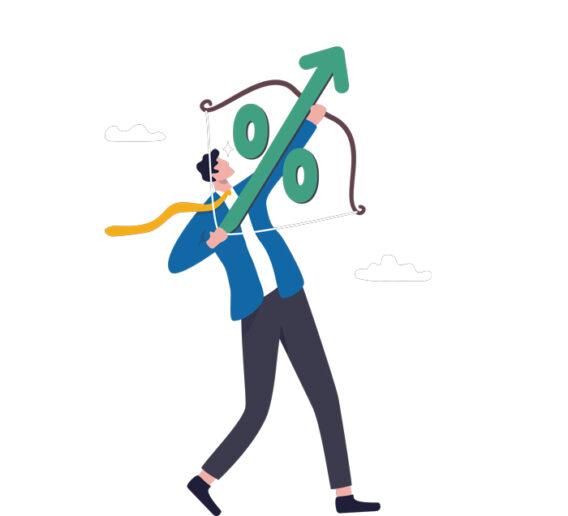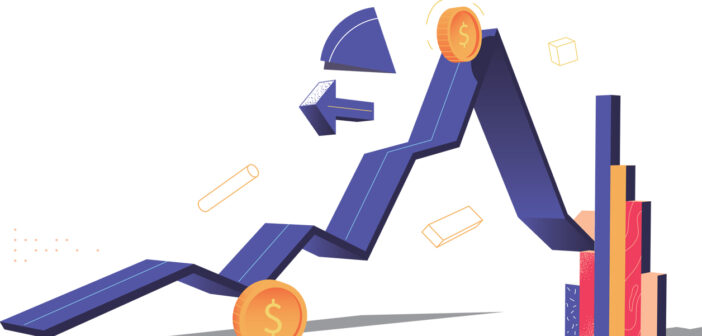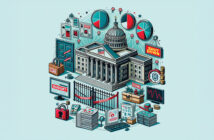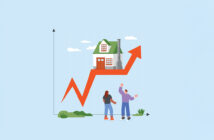Many economists forecast a recession in 2023. The Federal Reserve does not forecast a recession but forecasts tepid economic growth, with the economy growing at only 0.5%, and slowing job growth. Inflation was at a 40-year high in 2022 but job growth was strong. What will 2023 bring?
An indicator that a recession may be on the horizon is that the two-year/ten-year Treasury yield curve is inverted, with the interest rate on a ten-year Treasury bill being lower than a two-year one. Usually, long-term bonds have a higher interest rate than short-term bonds to compensate investors for tying their money up for a longer time. When longer-term bonds have a lower interest rate than short-term bonds, this might signal that investors are pessimistic about the economy and thus are reducing their demand for short-term bonds, which causes short-term interest rates to rise. Currently (as of early January), the yield curve is the most inverted it has been since the early 1980s.
Another reason for expecting a recession in 2023 is that the early 1980s was the last time the Federal Reserve had to raise interest rates to fight inflation. This caused a severe recession during those years, when mortgage rates hit double-digit levels, the U.S. unemployment rate exceeded 10%, and Michigan’s unemployment rate approached 17%. Thus, some expect something similar when the Federal Reserve increases rates in 2023 to drive inflation back down to its 2% target.
The 2023 economy will be dictated by what inflation is and how the Federal Reserve responds to it. Inflation numbers are released in the middle of each month when the Bureau of Labor Statistics releases the Consumer Price Index (CPI) report. This report tells us how consumer prices changed, which is what is meant by inflation. The key thing to look for is whether inflation increased or decreased compared to the previous month. If inflation decreased, then the Federal Reserve will increase interest rates by less, which reduces the chance of a 2023 recession. If inflation increased, then the Federal Reserve will increase interest rates by more, which increases the chance of a recession. I think this will drive the 2023 economy.

Inflation has trended down in the last two CPI reports, which is an encouraging sign as it suggests that inflation might fall without resorting to early-1980s-level interest rate increases. Yet, the core CPI (the CPI excluding food and energy prices) has not similarly fallen. This suggests that the reduction in inflation stems from falling energy prices and that overall inflation might be persistent and require further rate increases.
Many forecasts predict the Federal Reserve will increase the federal funds rate to 5%, hold it there through 2024, which will be sufficient to reduce inflation and any subsequent recession will be mild. This is a best-case scenario. Irresponsible government spending financed by Federal Reserve money creation during the pandemic puts us in the position where a severe recession is at least possible.


















